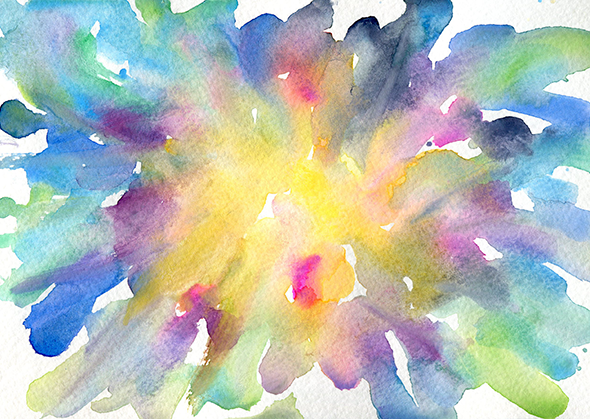When everything in our lives is going the way we think it ought, we feel surrounded by blessings. It’s easy to feel grateful.
In dark times, though, when our relationships are full of conflict, our bodies are failing, or the world around us is in an uproar, it’s hard to be thankful.
Yet it’s in those difficulties that gratitude can be most powerful and transformational.
Psychologist Robert Emmons suggests we make a distinction between feeling grateful and being grateful. We don’t have total control over our emotions, but we can make a conscious choice to look for the good in our circumstances. We can’t choose our feelings, but we can decide our attitudes.
While telling people to “buck up and look on the bright side” is less than helpful, Emmons describes “grateful recasting.” It means reframing a loss into a potential gain. Keeping a challenging situation in mind, we can ask ourselves:
What lessons has this experience brought me?
What ability did it draw out of me that surprised me?
How am I now more the person I want to be because of it?
What positive things or people have come into my life?
Grateful recasting doesn’t deny the discomfort or sadness of our lives, but it leads us to find a different perspective on it.
Emmons once asked a group of people with debilitating physical illnesses to create narratives concerning a time when they felt a deep sense of gratitude to someone or for something. Participants found it challenging only because they had difficulty choosing one experience from the many they appreciated. May these people be our teachers.
Tough times may bring rise to feelings of grief and anger but, by sculpting our attitudes, we can recast them as invitations to gratitude.
Bring Emmons’ questions to your journal. What seeds of thankfulness are included in your situation?

